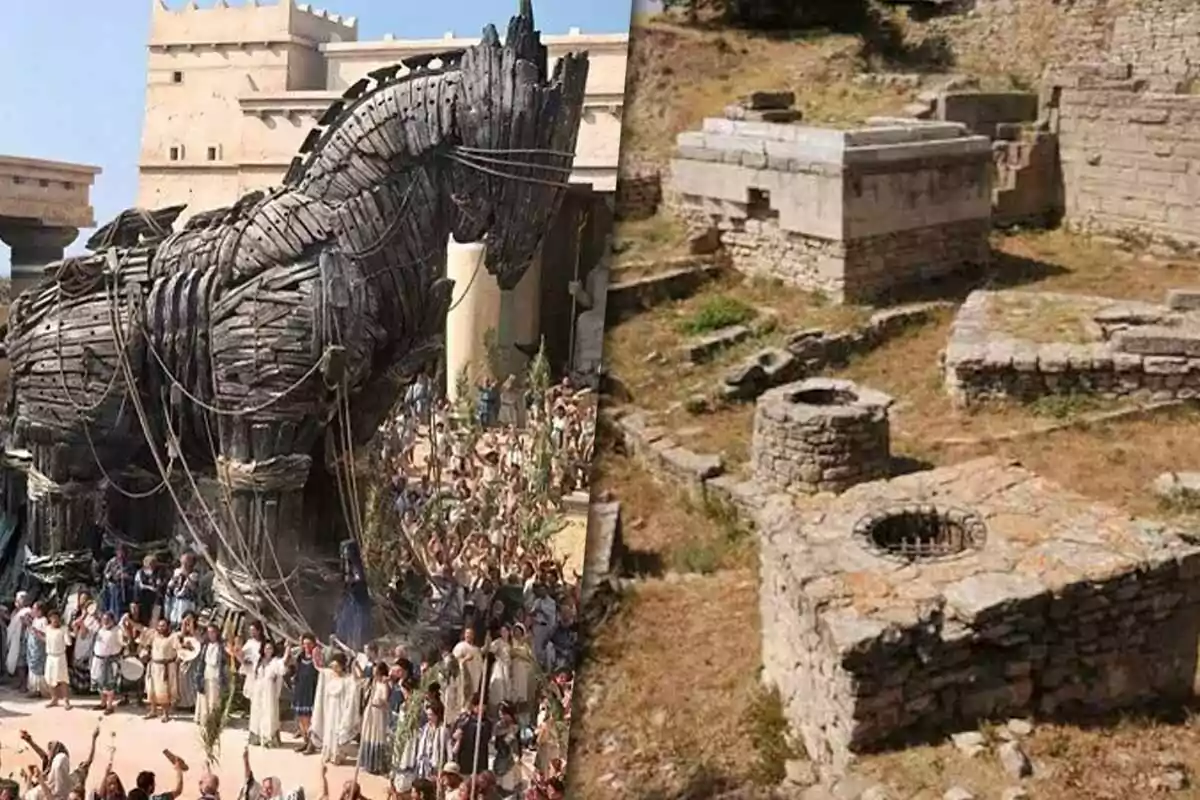
Remains discovered could prove the existence of the Trojan War
Archaeologists found weapons from 3,500 years ago in Troy, and they could confirm that the famous war was real
An excavation in Türkiye has reignited the debate about the veracity of the Trojan War. Archaeologists found weapons and projectiles dating back to the Bronze Age (Edad de Bronce), in the heart of the ancient city.
The items found may have been used in an actual conflict, like the one described in Homer's Iliad.
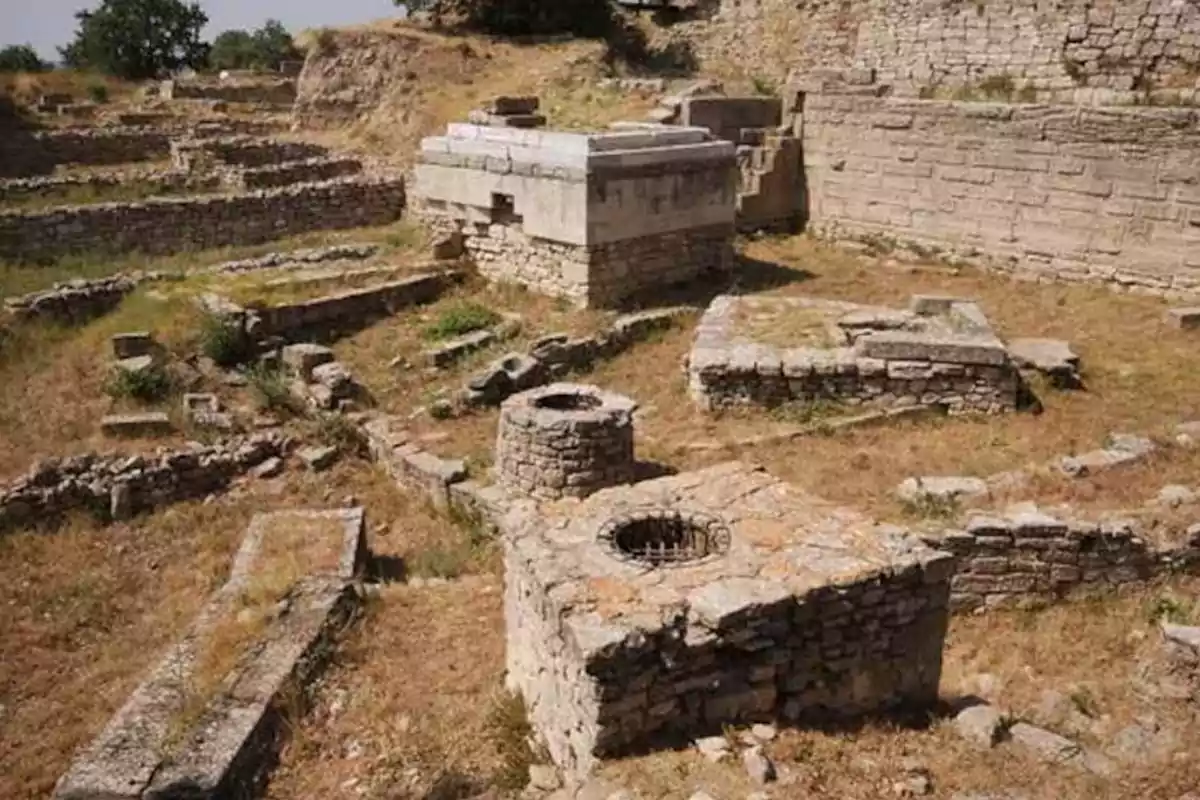
A key place in ancient history
The city of Troy was a strategic point 5,000 years ago. It was located on the hill of Hisarlik, near the Dardanelles Strait, and was desired by several peoples.
Its fame spread thanks to epic literature, but its real existence was confirmed in excavations since the 19th century. Today, researchers continue to discover new evidence.
Was it a literary or historical war?
The popular account says the war began when Paris, the Trojan prince, kidnapped Helen. The story of the wooden horse became a symbol of military strategy.
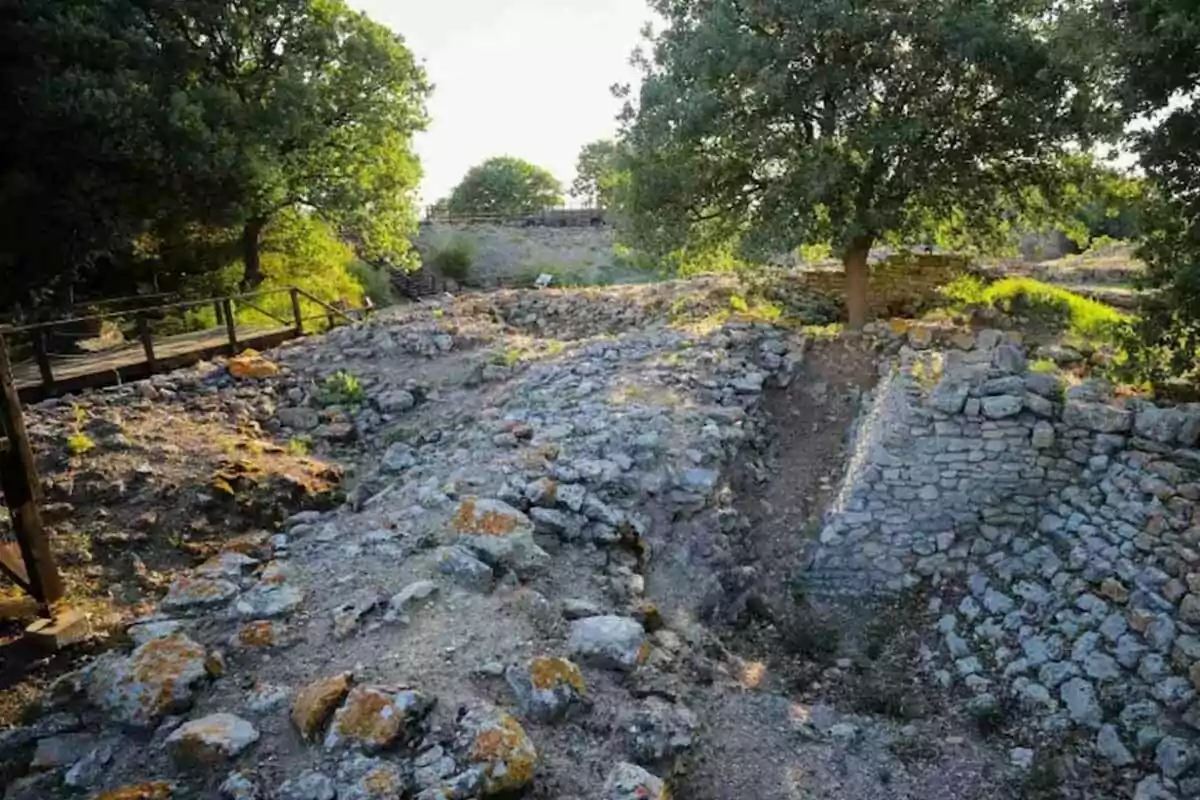
But for centuries, it was believed that everything was fiction. Current excavations could completely change that perception.
The discovery that revived the myth
Archaeologists accessed the so-called "destruction layer", which preserves remains from the transition between the Bronze Age (Edad de Bronce) and the Iron Age (Edad de Hierro). There, they found sling projectiles over 3,500 years old.
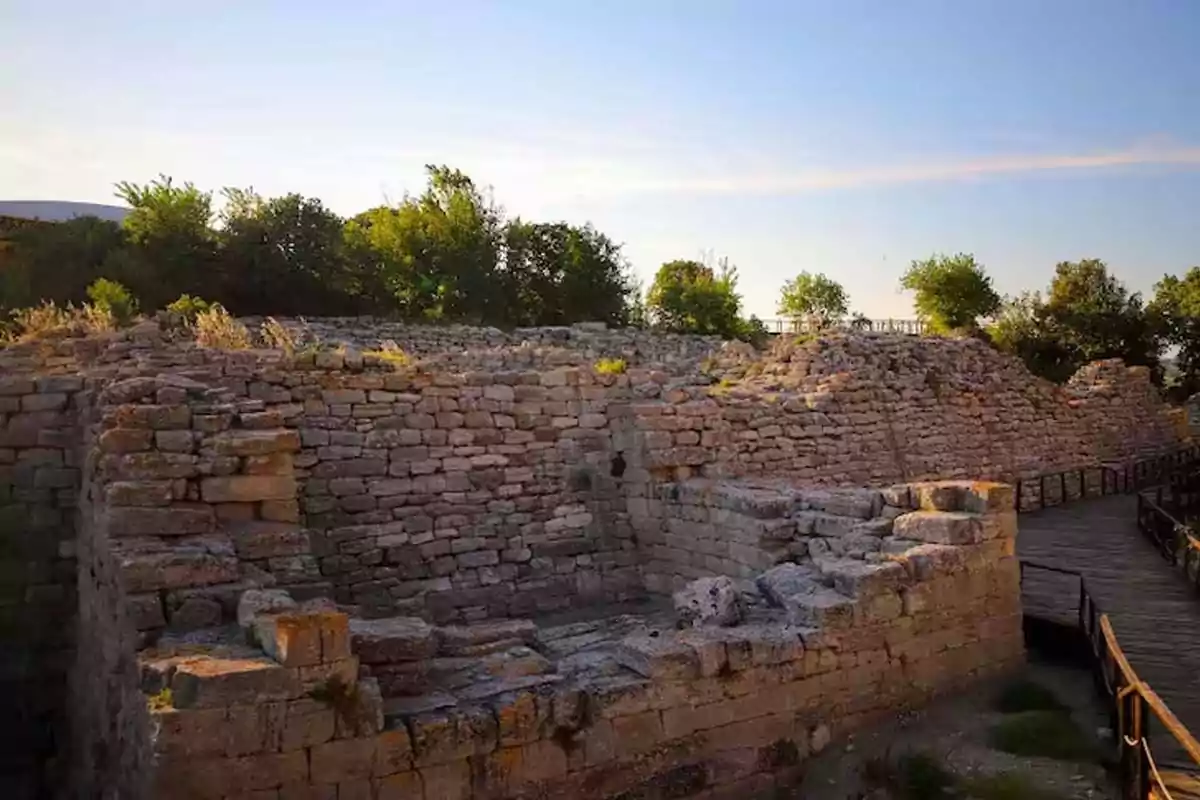
These munitions appeared near a palatial structure attributed to Troy VI, a key area during that period. Their presence in that place would not be coincidental.
What was the function of the projectiles?
Professor Rustem Aslan, from Canakkale Onsekiz Mart University, explained that the projectiles were deliberately placed in front of the palace. For him, that indicates a specific military activity.
He also recalled that last year, arrowheads had already been found in the same area. Everything points to a prolonged conflict around the citadel.
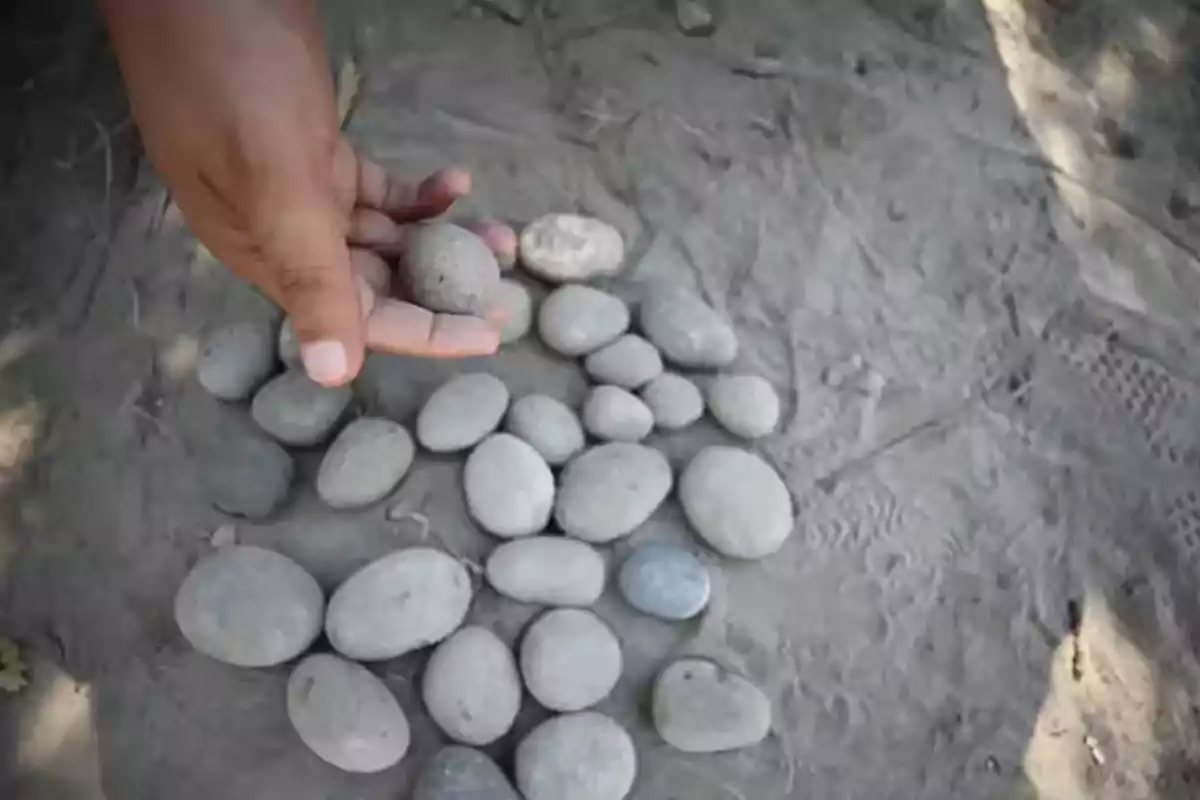
Other traces of battle in Troy
In previous campaigns, weapons, arrows, and human remains had already been found scattered throughout the archaeological site. Burned layers and destroyed buildings were also identified.
According to specialists, this suggests a violent destruction between the Troy VI and Troy VII phases. They even found skeletons hastily and carelessly buried.
More posts: